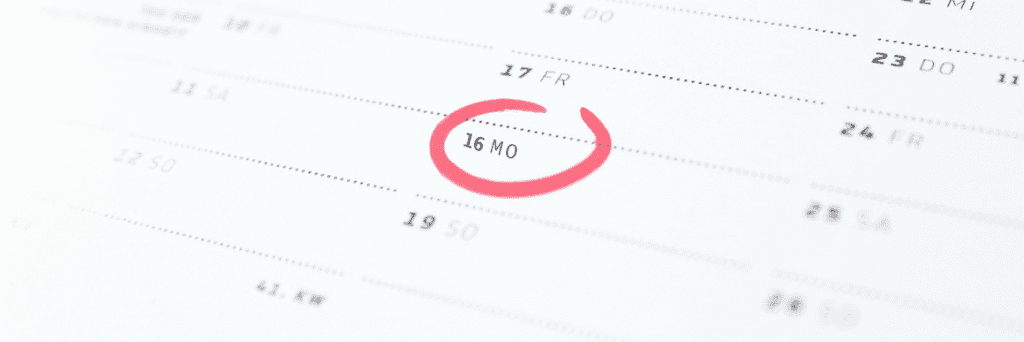Did you feel particularly depressed this past Monday, January 16th? According to Dr. Cliff Arnall, a former psychology academic, it was supposed to be the gloomiest day of the year: Blue Monday.
The idea of Blue Monday is considered pseudoscience since the formula uses such arbitrary factors as weather conditions, debt level, time since Christmas, failing New Year’s resolutions and low motivation levels to make its date prediction. Still, many people believe in it since it was first published in 2005, but Dr. Rodrigo Perez-Vega, a Lecturer in Marketing at the University of Reading’s Henley Business School, wonders if it’s nothing more than a marketing gimmick.
There’s no doubt that marketers will use anything and everything to sell a product. Just consider how Cinnabon used Carrie Fisher’s death in a tacky tribute and shameless attempt at self-promotion, at least according to some people. And Blue Monday is no different.
“From a marketing perspective, Blue Monday represents an opportunity for companies to engage with an event that will receive much coverage in the media and that consumers are familiar with since its introduction in 2005,” he said in a news release. “Aligning your marketing communications activities to events that resonate emotionally with consumers, can be a very effective way to counteract the decreasing effectiveness of day-to-day marketing communications.”
Blue Monday also presents an opportunity for brands to speak out about a timely and relevant topic and to align that topic with their content promotions. And, particularly in the world of social media, these types of events are especially relevant.
For Dr. Perez-Vega, it’s not a question of if companies will use Blue Monday to help their marketing efforts but how. “Brands and businesses should approach events like Blue Monday carefully, as just piggy-backing on events indiscriminately may lead to negative attitudes from consumers when not carefully thought through.”
According to Dr. Perez-Vega, it’s okay to use an event to promote your product, as long as you’re prepared for a potential PR disaster if it’s not managed appropriately. Bing used the #SupportJapan hashtag during the earthquake, and DiGiorno Pizza jumped onto the #WhyIStayed domestic abuse hashtag for their own promotion. And if you find yourself in a PR disaster, the best thing you can do is be honest, provide and apology, and state facts to help rebuild your credibility.
